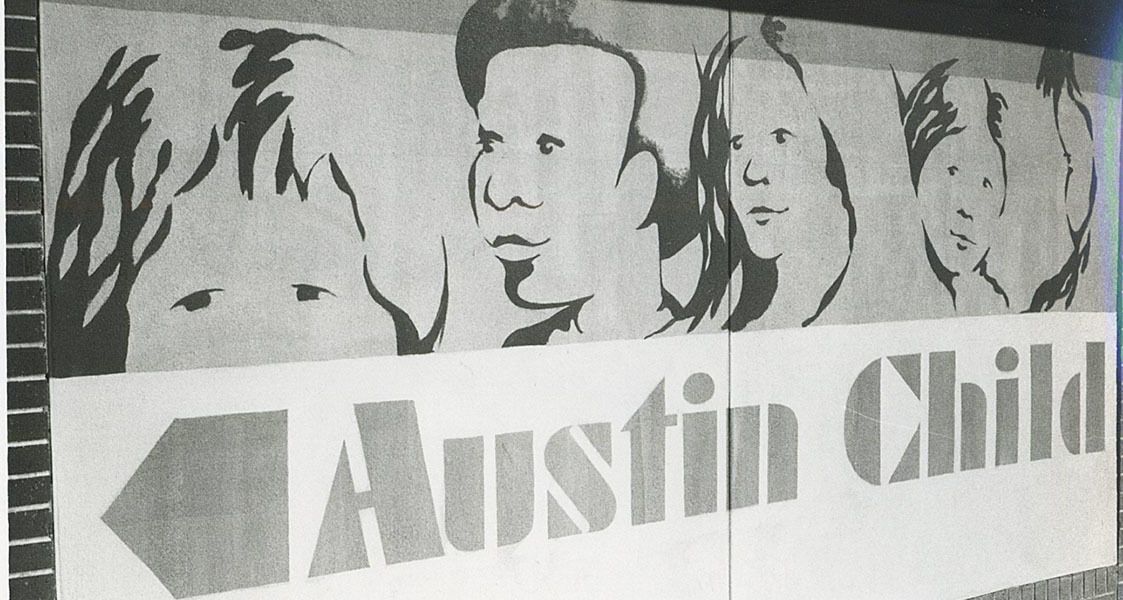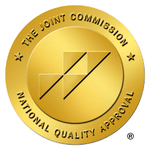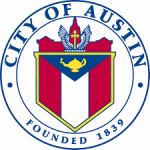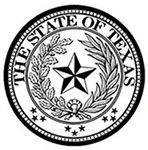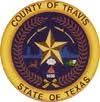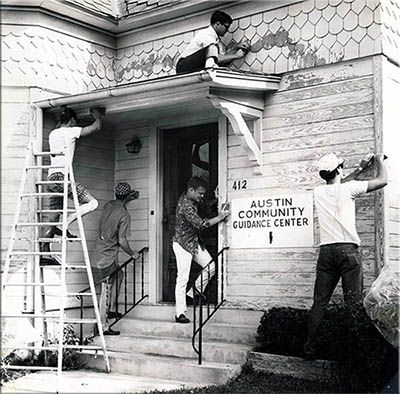
For 75 years, Austin Child Guidance Center (ACGC) has worked towards a single purpose: Providing accessible, high-quality, team-based mental health therapy, care, and consultation to children, families, and professionals.
Today, Texas children need this help now more than ever.
Keep reading to learn more about our history. It might just inspire you to help more children thrive.
Timeline of Care
1951 – ACGC Opens
- Inspired by national mental health reform, including the Mental Health Reform Act of 1946, community leaders created a center focused on children’s emotional well-being.
- Opened its doors, focused on a team approach to care, which included a psychiatrist, psychiatric social worker, and psychologist, to meet the needs of children and families in Austin and Travis County.
1950s–60s – Building the Foundation
- Launched a day school for children with emotional challenges, a model later adopted by Austin ISD.
- Began training professionals and consulting with other agencies.
- Entered a key partnership with the Mental Health Mental Retardation Center (MHMR) of Austin-Travis County, which helped develop and grow ACGC’s programs for children.
1970s – Becoming Independent
- Ended MHMR contract in 1975 and became fully independent.
- First local agency to serve children who experienced sexual abuse.
1980s – New Programs & a New Home
- Created the Peer Assistance and Leadership (PAL) mentorship program.
- Moved to our permanent home at 45th & Lamar in 1988
- Earned Joint Commission accreditation in 1986 and have held this accreditation since.
1990s – Expanding Reach
- Partnered with community entities including schools and the Gardner-Betts Juvenile Justice Center to provide offsite services
2000s – Milestones & Innovation
- Introduced psychological testing and neuropsych assessments.
- Celebrated 50 years with an art exhibit on childhood mental health.
- Published our first book: Principles of Good Parenting: A Handbook for Bringing up Mentally Healthy and Happy Children.
- Facilitated the nationally recognized, intensive Parenting with Love & Limits program for middle and high school students with multiple behavioral concerns and stressors, and their families.
2010s – Trauma-Informed Leadership
- Became one of the first Central Texas organizations to adopt trauma-informed care.
- Achieved trauma-focused cognitive behavioral therapy (TF-CBT) certification.
- Founded the Trauma Informed Care Consortium of Central Texas.
- Expanded Spanish-language services and family resource navigation.
2020s – Meeting the Moment
- Swiftly transitioned to teletherapy during COVID-19.
- Launched “Talking with Kids About Race and Racism” series during a national moment of reckoning.
Our Legacy and Future
For over seven decades, ACGC has evolved alongside our community. In 2026, we celebrate our 75th anniversary. Through social change, public health crises, and shifting needs, we remain anchored in one truth: every child deserves to thrive. Join us in shaping the next chapter of mental health care for Austin’s youth.
-
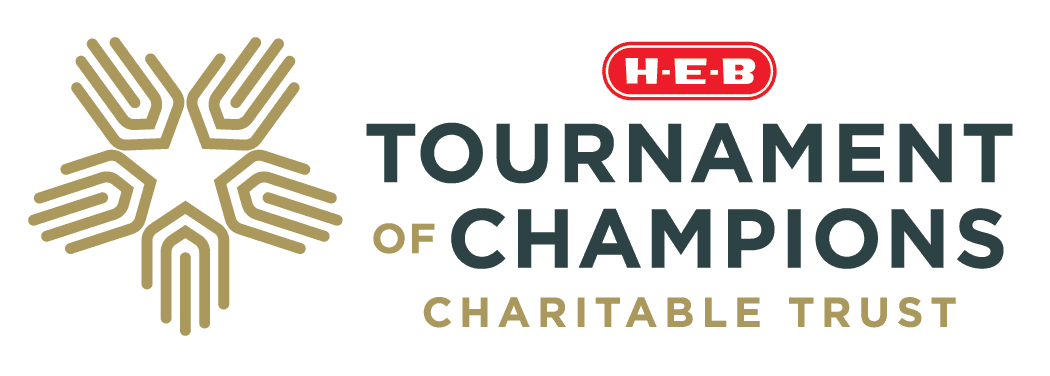 HEB Tournament of Champions
HEB Tournament of Champions

